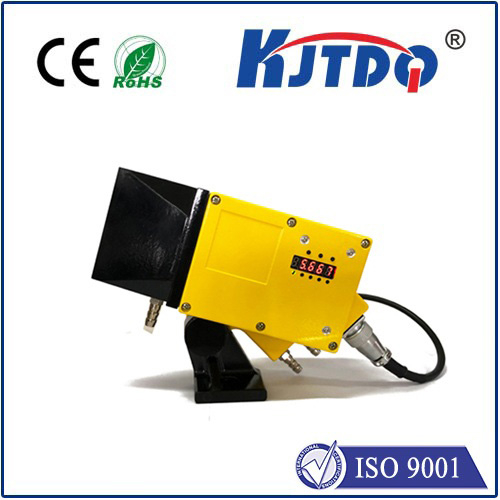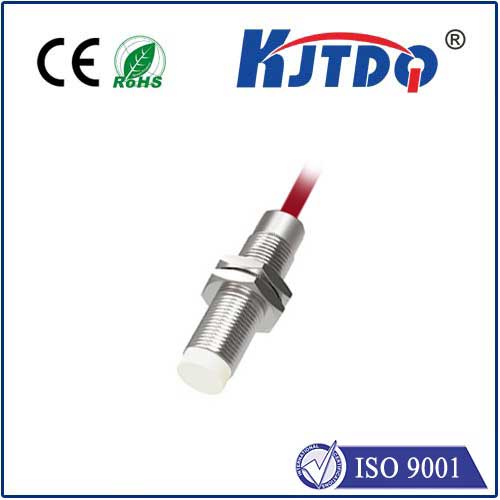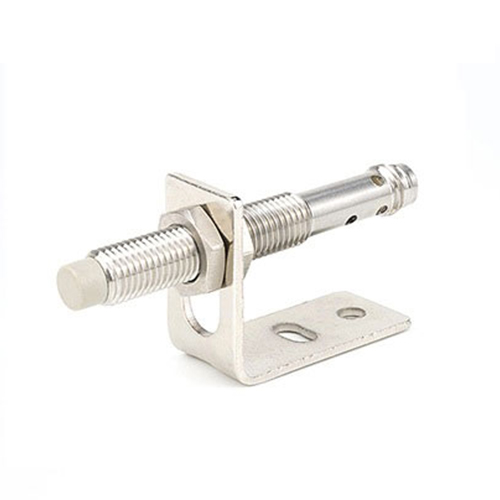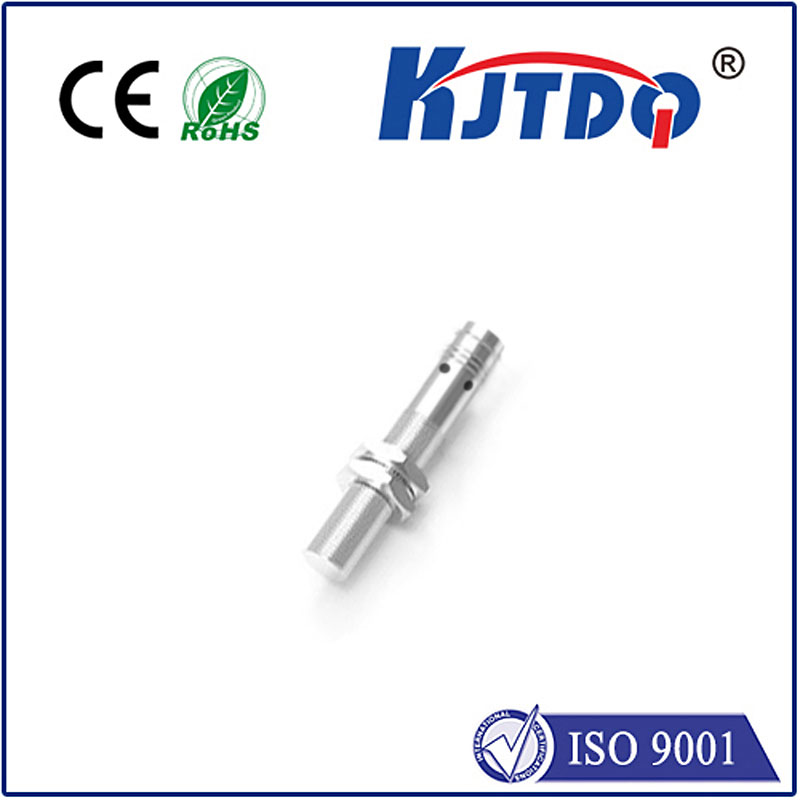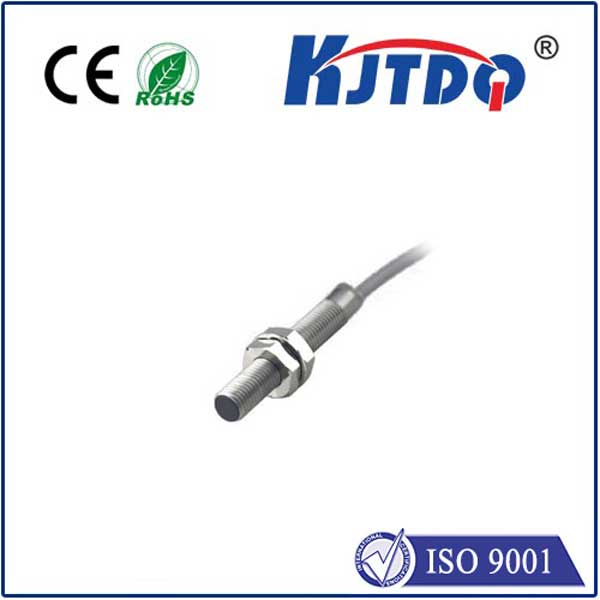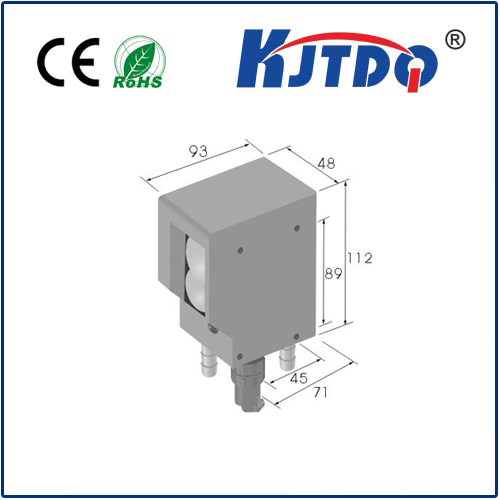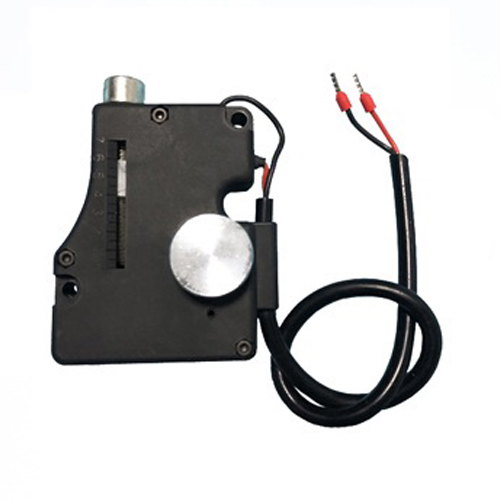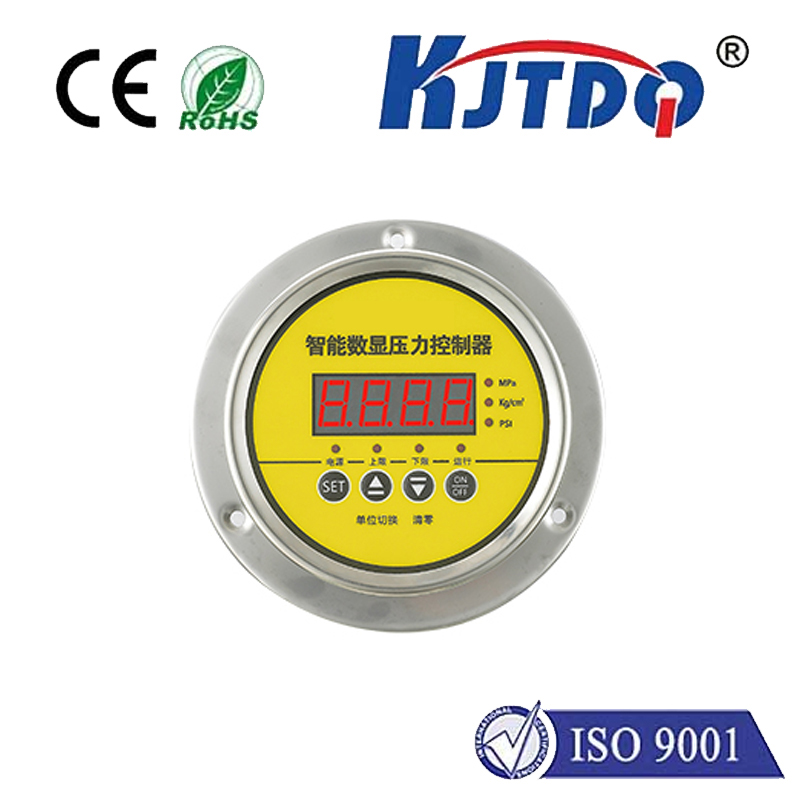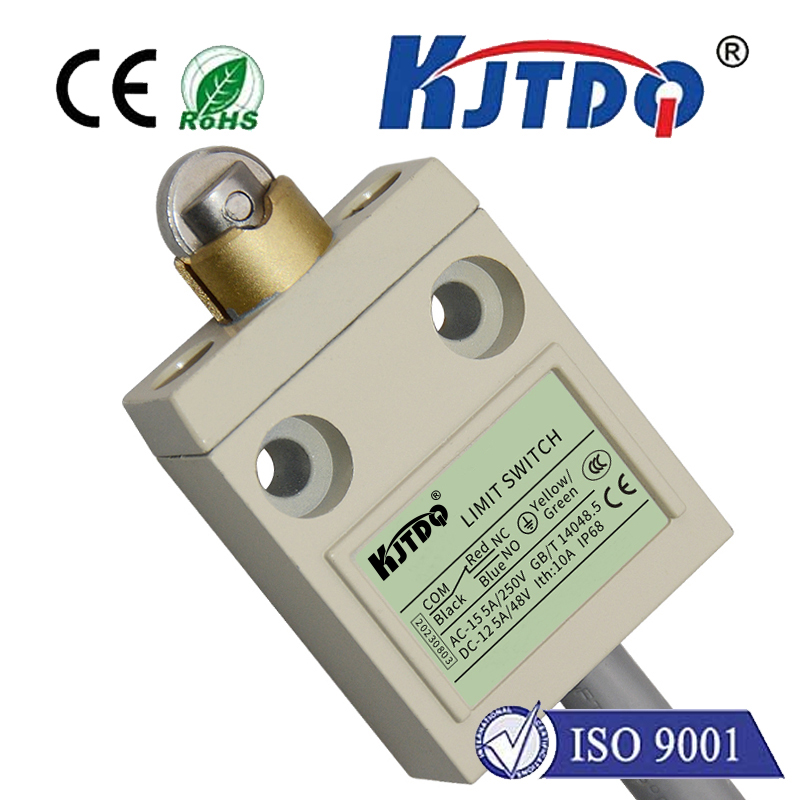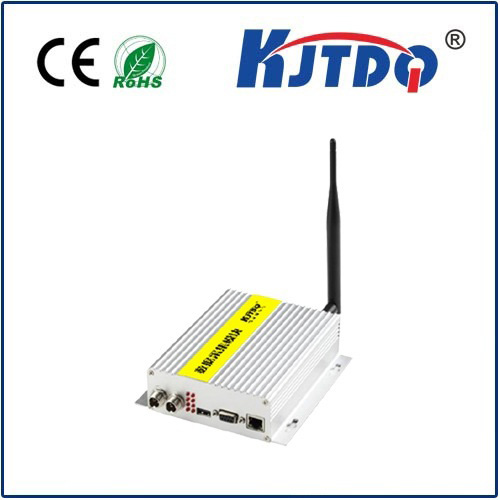

check

check

check

check

check

check

check

check

check

check
Laser Triangulation Sensors: Revolutionizing Precision Measurement
The world of precision measurement has been forever changed with the advent of laser triangulation sensor technology. These sophisticated devices have transformed the way we collect data, providing unparalleled accuracy and reliability in a wide range of applications.
Laser triangulation sensors work by projecting a laser beam onto a target surface and measuring the angle of the reflected light. This information is then used to calculate the distance between the sensor and the target, allowing for precise measurements even in difficult or challenging conditions.

One of the key benefits of laser triangulation sensors is their ability to operate without contacting the object being measured. This makes them ideal for use in harsh environments, where traditional measuring methods may be impractical or impossible. They are also highly resistant to external factors such as dust, mist, and temperature fluctuations, ensuring consistent performance over time.
Another advantage of laser triangulation sensors is their speed. Unlike conventional measurement techniques, which can be slow and cumbersome, these sensors are capable of taking multiple readings per second, enabling real-time monitoring and control of complex processes.
In addition to their speed and durability, laser triangulation sensors offer exceptional resolution and repeatability. With accuracies down to micrometres, they are capable of detecting minute changes in surface texture or shape, making them ideal for quality control applications in manufacturing and other industries.
Despite their many advantages, however, laser triangulation sensors do have some limitations. For example, they can be affected by strong ambient light sources, which can interfere with the accuracy of the readings. Additionally, they may struggle to measure certain materials that do not reflect light well, such as transparent or highly absorbent surfaces.
Despite these challenges, laser triangulation sensors continue to play a critical role in a variety of industries, from automotive manufacturing to aerospace engineering. As technology continues to advance, it is likely that these versatile devices will become even more powerful and ubiquitous, revolutionizing our understanding of the world around us and helping us to achieve new levels of precision and accuracy in all aspects of our lives.
